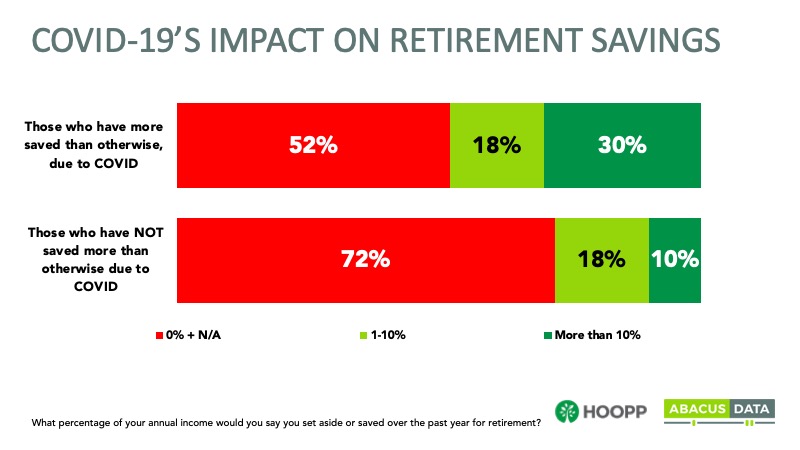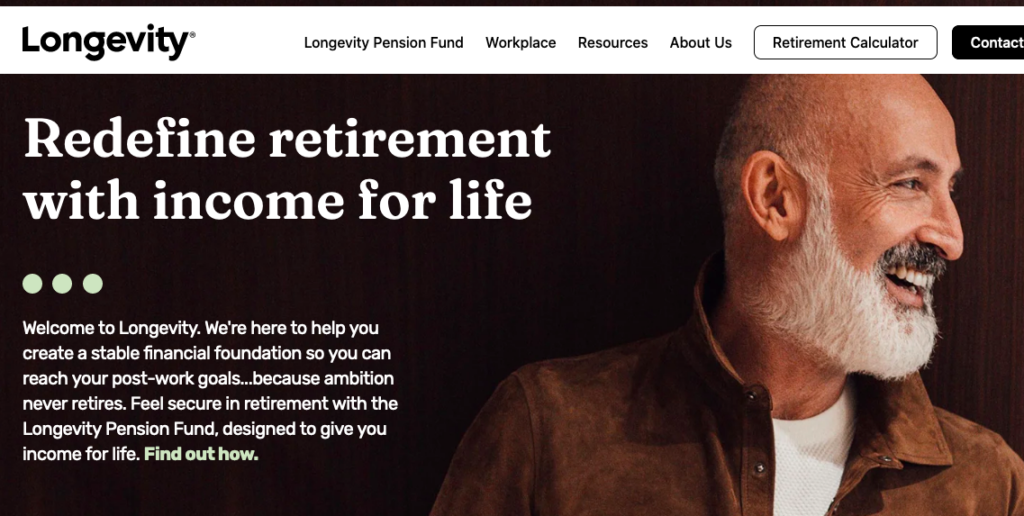 By Ian Duncan MacDonald
By Ian Duncan MacDonald
Special to the Financial Independence Hub
Warren Buffett has a reputation of being the most successful stock market investor ever. What companies does he invest in? What do these stocks have in common? What can we learn by looking at his portfolio?
Once every quarter large holding companies like Berkshire Hathaway are required to disclose what stocks they hold. There are 31 stocks in the Berkshire portfolio. The value of the ten largest stocks of these 31 make up almost 90% of the portfolio’s total value. One stock, Apple, makes up 40% of it . The other nine of the top ten stocks have values for Berkshire ranging from Bank of America worth 44 billion dollars down to .$4 billion dollars invested in DaVita Inc.
Are all these 10 stocks headquartered in the United States? No
Do they all make profits? They do but the profits, as reflected in their operating margins, are not remarkable.
Do they all pay dividends?
Are they all paying dividends? No. Are those that do pay dividends paying remarkably high dividends? No. Two of the 10 pay no dividends and 5 pay dividends of less than 1%.
Do they all trade millions of shares ever day? No. While six of them do have daily trading volumes exceeding a million, one of them only trades fewer than 100,000 shares in a day.
Have the ten all increased their share prices since Berkshire Hathaway acquired them? No.
Would any of them be considered to be a speculative investment? Yes.
Do many of the share prices, as reflected in their Price-to-Earnings ratios and book values, appear to be inflated? Yes,
Stocks that can grow steadily, not dramatically
There are 14,000 North American stocks that Berkshire could invest in. Many stocks could provide a better dividend income, and many have much greater potential for share price growth than these 10 stocks. However, what most of these 14,000 lack is “survivability.” Buffett seeks stocks that he can depend on to produce reliable profits from their established, loyal customer bases for decades. These are stocks that can grow steadily, not dramatically.
Berkshire Hathaway has invested 249 billion dollars in the following 10 companies [all US$]:
American Express Company (AXP) with $24 billion invested.
Apple Inc (AAPL) with $114 billion invested.
Bank of America Corp (BAC) with $44 billion invested.
BYD Co. Ltd (BYDDF) with $5 billion invested.
Coca-Cola Co (KO) with $22 billion invested
DaVita Inc (DVA) with $4 billion invested
Kraft Heinz Co ( KHC) with $14 billion invested
Moody’s Corporation (MCO) with $8 billion invested
US Bancorp (USB) with $9 billion invested.
Verizon Communications Inc (VZ) with $9 billion invested.
The wisdom of Buffet’s buy and hold investment strategy is reflected in some remarkable share price gains over the last 20 years:
American Express in 2001 could be purchased for $35.46 and is now trading at $157.95.
Apple is even more remarkable: in 2001 the share price was 33 cents. It is now at $126.90. Like most of these stocks, there have been some share price declines: Bank of America could be bought in 2001 for $29.20. It can now be bought for $47.05 However, in 2006 it was at its highest price of $53.85. In 2017 it was only $22.41. There are many bank stocks whose share prices have had better gains than Bank of America and paid dividends more than double Bank of America’s 1.71% dividend yield.
BYD Company Limited is an unusual stock for this portfolio. Berkshire has invested almost $5 billion in it. It is a Chinese electric vehicle manufacturer. Fewer than 100,000 shares are being traded daily, which is small when compared to the 15,935,074 Verizon Communications shares traded daily or the 11,915,739 Coca-Cola Shares. With a Price-to-Earnings ration of 97.5x the current $42.05 share price for BYD appears to be inflated. In 2017 its share price was $5.95. This is barely above penny stock status. Its current operating margin of 4.14% would be typical of a speculative investment. This is one of the two foreign stocks among the 31 stocks in Berkshire’s portfolio.
Isn’t it interesting that Buffett invests in BYD instead of Tesla? Could the contracts BYD is signing with long established car manufacturers to get them into electric vehicles be the attraction? Competition is fast approaching Tesla.
Coca-Cola has provided Berkshire with a solid investment foundation for decades. Coke is the kind of established brand leader you expect Berkshire to invest in. In 4 years, its share price has grown by $9.00. In 20 years, it has grown by $22. Its dividend yield of 3.07% is the second highest of the 10 stocks (only Verizon paying 4.44% is paying a higher yield). Coke’s operating margin of 27.48% was the third highest after Moody Corporation and US Bancorp.
DaVita Inc. is another stock that arouses curiosity as to how it ended up in the top 10 of the Berkshire investments It provides kidney dialysis services through hundreds of sites in 9 countries. Even though its share price has grown nicely, only one analyst currently recommends it as a buy In 2001 the share price was $7.15, by 2017 it was up to $77.32 and it is now at $120.94. DaVita pays no dividends.
Is there a pending increased need for dialysis services that the rest of the world is ignorant of? Perhaps Buffett just sees DaVita as a steady, profitable, growing stock with an ever increasing potential as the population ages?
Kraft Heinz Company is more typical of the big name, stable, reliable stocks that Buffett favors. However, the current price of $44.15 is significantly below what he paid for it a few years ago. It is also well below the $99.20 it reached in 2017. Does the Price-to-Earnings ratio of 124.0x indicate that the current price is greatly inflated? The operating margin of 3.26% seems leave no room for a dividend these days. There was a 55 cent dividend paid in 2015. What long term potential does Buffett see for Kraft Heinz?
Moody Corporation is the most profitable of the ten companies. Its operating margin of 46.63% is much higher than Berkshire Hathaway’s 6% operating margin. Moody’s is a long-established leader in the financial risk information industry. With a small dividend yield of 0.75% the profits are not being paid to shareholders. Four years ago, the share price was $118.45. The current price is $332.85. This is a winner for Mr. Buffett.
US Bancorp did not have the highest dividend yield nor was it the highest priced stock nor did it have the highest operating margin, but its financial figures were good in all areas. It scored a 70, which was the best score of the ten stocks. The highest score I have ever calculated was 78. The lowest score was 8. I personally avoid investing in stocks scoring less than 50. The scoring system was designed to identify the best high dividend paying stocks with the potential to realize ever increasing share prices (The stock scoring software is emailed buyers of my investment books when requested).
Verizon Communications is the second highest scoring stock. Its dividend yield of 4.44% was the highest of the 10 stocks. Like Moody, it also had good financial figures. It is another example of the solid, well established businesses Buffet wants in his portfolio.
The following are the 10 stocks sorted in descending order by desirability score:
- US Bancorp – 70
- Verizon Communications – 66
- Bank of America Corp – 65
- American Express – 62
- Coca-Cola – 60
- Apple Inc – 58
- Moody’s Corp – 56
- DaVita Inc – 51
- Kraft Heinz – 43
- BYD Company – 38
You will notice that these top 10 stocks do not include industries negatively impacted by the COVID-19 pandemic and recession, such as hotel chains, cruise lines or air lines. As well, Steel mills, mining companies, oil companies, construction companies or other industries whose fortunes often rise and fall on world price fluctuations have no presence. However, financial organizations like US Bancorp, Bank of America Corp, American express and Moody’s are well represented in the top 10.
The following are the other 21 companies appearing in the Berkshire portfolio of 31 stocks:
AbbVie Inc (ABBV)
Amazon.com, Inc (AMZN)
Aon PLC (AON)
Axalta Coating Systems Ltd (AXTA)
Bank of New York Mellon Corp (BK)
Biogen Inc (BIIB)
Bristol-Myers Squibb Co (BMY)
Charter Communications Inc (CHTR)
Chevron Corporation (CVX)
General Motors Company (GM)
Globe Life Inc (GL)
Itochu Corporation (ITOCF)
Johnson & Johnson (JNJ)
Kroger Co (KR)
Liberty Global PLC Class A (LBTYA)
Liberty Global PLC Class C (LBTYK)
Liberty Latin America Ltd Class A (LILA)
Liberty Latin America Ltd Class C (LILAK)
Liberty Sirius XM Group Series A (LSXMA)
Liberty Sirius XM Group Series C (LSXMK)
Marsh & McLennan Companies Inc (MMC)
Mastercard Inc (MA)
Merk & Co Inc (MRK)
Mondelez International (MDLZ)
Procter & Gamble Co (PG)
Restoration Hardware Holdings Inc. (RH)
Sirius XM Holdings Inc (SIR)
Snowflake Inc (SNOW)
SPDR S&P ETF Trust (SPY)
StoneCo Ltd (STNE)
Store Capital Corp (STOR)
Teva Pharmaceutical Industries Ltd (TEVA)
T-Mobile Us Inc (TMUS)
United Parcel Service Inc (UPS)
Vanguard 500 Index Fund ETF (VOO)
Verisign Inc. (VRSN)
Visa Inc (V)
Wells Fargo & Co (WFC)
If your objective is to build a financially strong portfolio that will endure and grow for decades, then choosing the kind of stocks that Warren Buffett chooses would be a proven, effective strategy. In my last investment book, ”Safer Better Dividend Investing,” the highest dividend paying stocks in the USA (and Canada) were scored and sorted in descending order. These charts would help you find outstanding stocks to add to your portfolio.
You do not need hundreds of stocks in your portfolio. The number of stocks Berkshire invests in is thirty-one. My recommendation is always twenty. This gives you an easily manageable number of stocks while providing safe diversification. Unlike Warren Buffett, you do not have billions to invest but a carefully chosen portfolio can, in time, provide you with generous reliable income and eventual financial independence.
 After graduating from McMaster University, with $100 left in his pocket (but no student debt), Ian Duncan MacDonald hitch hiked home to Sudbury to work four months as a labourer in International Nickel’s smelter. In four months, he had saved enough to seek his fortune in the big city.
After graduating from McMaster University, with $100 left in his pocket (but no student debt), Ian Duncan MacDonald hitch hiked home to Sudbury to work four months as a labourer in International Nickel’s smelter. In four months, he had saved enough to seek his fortune in the big city.
In Toronto, he was immediately hired by Dun & Bradstreet as a credit reporter. While he had expected to be a reporter for the rest of his life, D&B had other plans. Within four years, he was General Manager of their Marketing Services Division. Three years later, at the age of 28, he was responsible for the sales, marketing and advertising for all three divisions of the company.
At 32, he left D&B to build Screening Systems International Ltd, for a large conglomerate, which led to his interest in collections. Moving to Creditel of Canada Ltd. he became Senior Vice President. Subsequently bought by Equifax, he remained there until his retirement in 2005. In anticipation of his retirement he incorporated Informus Inc. to sell his art, his publications and consulting services (www.informus.ca.)
His investment books “Income and Wealth from Self-Directed Investing” and “Safer Better Dividend Investing” provide a detailed system, scored charts of all high dividend stocks traded on the NYSE, NASDAQ and TSX, plus stock scoring software. They arm someone who has never invested with the knowledge and tools they need to successfully and safely generate income and wealth for the rest of their lives










